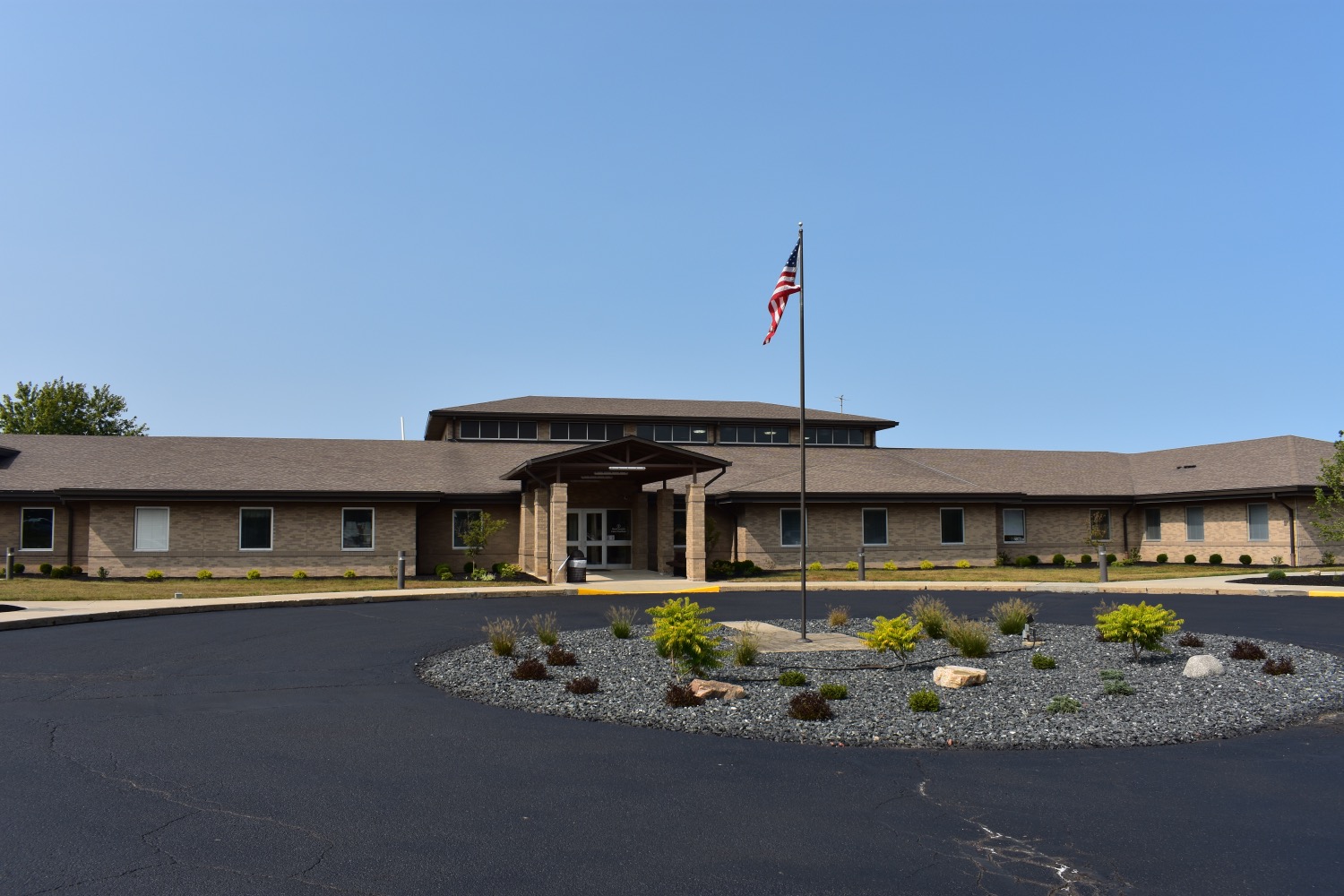Choosing an inpatient mental health facility can feel overwhelming, especially if you’re doing so during a crisis. Whether you’re seeking treatment for yourself or a loved one, knowing what to look for in an inpatient mental health facility is one of the most important steps toward recovery. It’s not just about safety or symptom stabilization; it’s about ensuring the care provided is compassionate, effective, and tailored to your specific needs.
At Crossroads Healing Centers, we understand how challenging it can be to make this decision. That’s why we’ve put together this guide to help you know what to look for in an inpatient mental health facility, so you can feel more confident taking that first step toward healing.
Accreditation and Licensing
When researching what to look for in an inpatient mental health facility, always start by checking their credentials. A reputable facility should be licensed by the state and accredited by a recognized organization, such as The Joint Commission or CARF (Commission on Accreditation of Rehabilitation Facilities). Accreditation means the center meets high standards for patient safety, quality of care, and clinical excellence.
Don’t be afraid to ask about these credentials. Any trustworthy facility will be happy to share them, and transparency is often a sign of quality.
Qualified and Compassionate Staff
Behind every effective inpatient mental health facility is a dedicated team of professionals. Look for a facility that employs licensed psychiatrists, therapists, social workers, and nurses who specialize in mental health. You’ll want to know that staff are trained in treating a range of conditions, from depression and anxiety to bipolar disorder, PTSD, and schizophrenia.
Equally important is how the staff treats patients. Compassion, patience, and clear communication go a long way in helping individuals feel safe and supported during their stay.
Evidence-Based Treatment Approaches
One of the most important factors to consider is whether the facility uses evidence-based practices. These are therapies and interventions that are backed by clinical research and proven to help individuals manage and recover from mental health conditions.
Some practical, evidence-based approaches include:
- Cognitive Behavioral Therapy (CBT)
- Dialectical Behavior Therapy (DBT)
- Trauma-informed care
- Medication management
- Group therapy and psychoeducation
Ask if the facility offers a personalized treatment plan. Recovery is never one-size-fits-all, and your treatment should reflect your unique symptoms, experiences, and goals.
A Safe and Supportive Environment
The physical environment of an inpatient mental health facility matters more than you might think. Patients should feel safe, calm, and cared for, especially during times of crisis. Look for facilities that are clean, well-maintained, and designed to reduce stress. Natural light, quiet spaces, and comfortable accommodations can contribute significantly to a person’s emotional stability and overall well-being.
You’ll also want to ask about safety protocols. A good facility will have structured routines, staff monitoring, and clearly defined emergency procedures to ensure the safety of all patients. When trying to determine what to look for in an inpatient mental health facility, always include the environment on the list.
Holistic and Wellness-Oriented Services
While clinical treatment is crucial, the best inpatient mental health facilities also offer holistic services that support emotional, physical, and spiritual wellness. These may include:
- Yoga or meditation classes
- Art and music therapy
- Nutritional counseling
- Fitness programs
- Mindfulness training
These additional services not only enhance the therapeutic experience but also help patients build healthier coping strategies for long-term recovery.
Family Involvement and Education
Mental health affects not just individuals but also families and loved ones. The most effective inpatient programs include family education and therapy sessions, which help everyone involved better understand the diagnosis and learn how to support recovery in a healthy, sustainable manner.
Ask whether the facility offers family involvement opportunities such as:
- Family therapy sessions
- Educational workshops
- Visitation guidelines that promote healing
Healing occurs more quickly and lasts longer when the support system outside the facility is informed, empowered, and actively engaged.
Aftercare and Transition Planning
A key part of inpatient treatment is planning for what happens next. Recovery doesn’t end when someone leaves the facility; it continues in outpatient therapy, community programs, or step-down levels of care, such as intensive outpatient programs (IOP) or partial hospitalization programs (PHP).
A quality inpatient mental health facility will help you create a realistic, supportive transition plan. This might include:
- Continued therapy sessions
- Medication follow-up
- Referrals to outpatient services
- Relapse prevention strategies
Ask what aftercare resources are available and how the facility helps patients prepare for life after discharge.
Location and Accessibility
While the quality of care should always be the top priority, practical considerations also play a role. Consider whether the facility is within a reasonable traveling distance for loved ones who may want to visit or participate in family sessions. For those in the Midwest, selecting a regional center like Crossroads Healing Centers can provide access to high-quality care close to home.
Transportation, insurance acceptance, and financial options are also essential factors to consider when narrowing your options.
Contact Crossroads Healing Centers Today
If you or someone you love is facing a mental health crisis, know that help is available—and that where you turn for care makes a difference. At Crossroads Healing Centers, we’re committed to providing compassionate, evidence-based care in a safe and supportive environment. Our inpatient mental health facility in the Midwest is staffed by experienced clinicians who are ready to walk with you every step of the way.
From admission to aftercare, we focus on whole-person healing, with treatment plans tailored to your unique needs and goals. Whether you’re seeking support for depression, anxiety, trauma, or other mental health conditions, we’re here to help.
Contact us today or complete our contact form to speak with a member of our admissions team. Take the first step toward healing because you deserve care that understands you, supports you, and helps you move forward.







